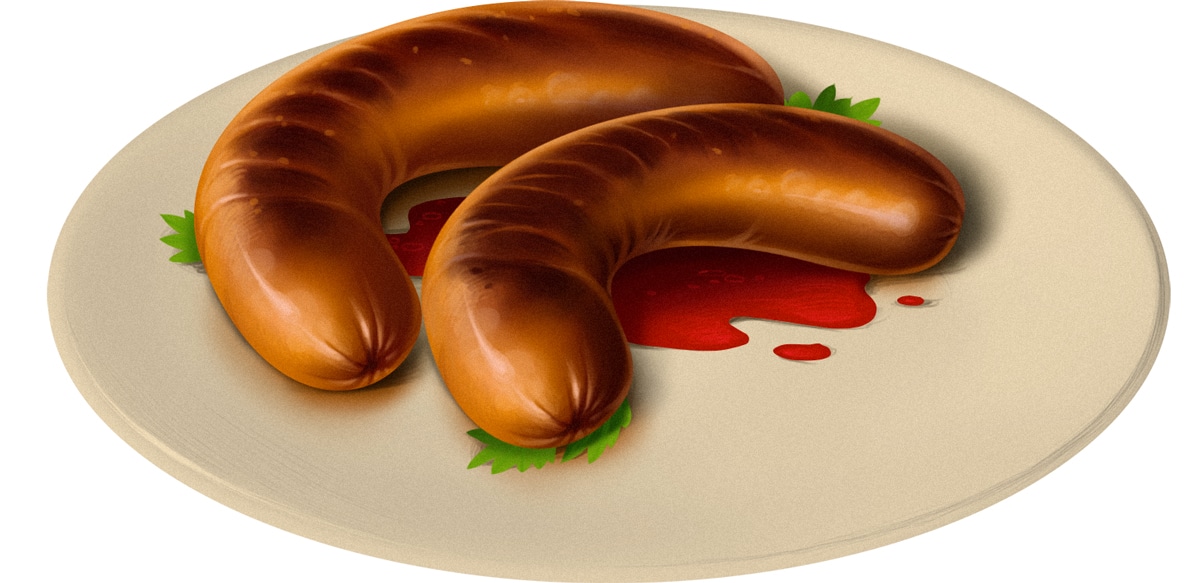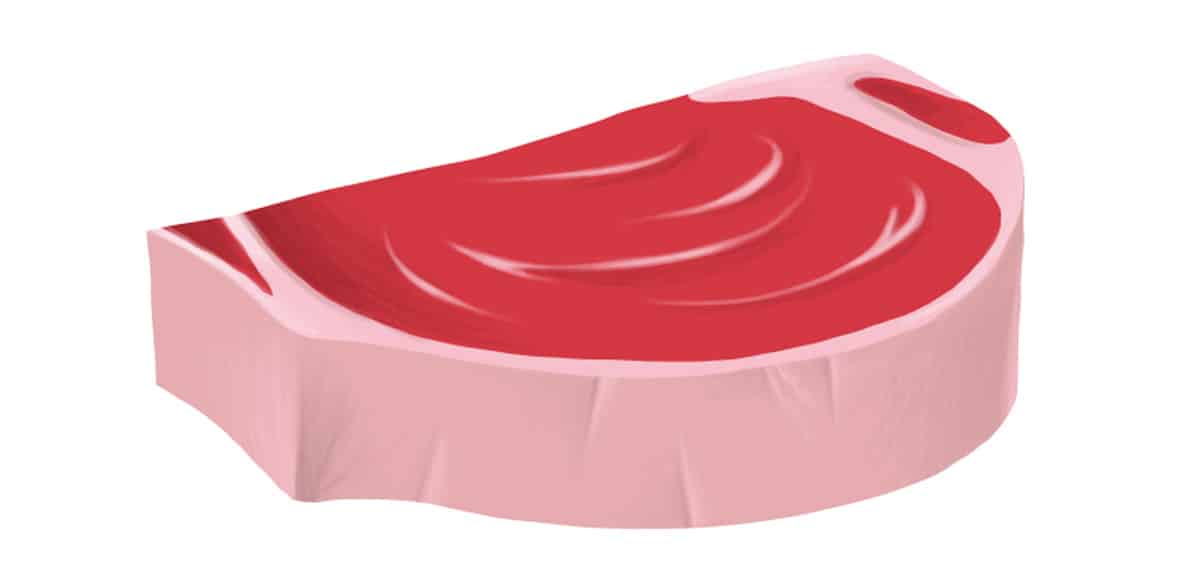
Weight loss isn’t the only benefit of keto, but it’s a major attraction for a lot of folks, and that’s perfectly reasonable. It definitely is a great weight-loss diet. But even keto has different variations and tweaks - the classic ketogenic diet, which was originally developed to help kids with epilepsy, isn’t necessarily perfect right out of the box for adults trying to lose weight. Here are 4 suggestions for tailoring keto to a weight loss goal.
1. Go easy on the keto desserts
Instagram is full of keto cheesecake, keto hot chocolate, keto lemon squares, keto french toast, keto pound cake, keto key lime pie...it all looks delicious and it promises you what everyone wants to year: you can eat all the desserts you love from your sugar-munching days, but without going over your carb count. But there’s a catch to this for weight loss specifically.
This is an issue that a lot of people misunderstand, so it’s important to be clear: calorie counting and calorie intake are two different things. Keto is not about counting calories - most people on keto don’t. Humans are very bad at counting calories; it doesn’t come naturally to our brains because we aren’t wired to eat like that. Chronic calorie restriction isn’t usually effective in the long term (you can read more about this here) - but that doesn’t mean keto somehow does away with the laws of thermodynamics and miraculously makes food energy irrelevant to body mass. In fact, one huge benefit of ketogenic diets is that they typically cause automatic and accidental calorie restriction, without requiring any counting or tracking.
There are tons of other metabolic and health-related reasons why keto beats strict calorie-counting, but the effortless calorie restriction is huge for initial weight loss. Adding too many high-fat keto desserts to your plate can negate that advantage, even if everything is under your target carb count. Keto cheesecake just has a lot of calories, and a steady diet of keto pizza, keto cookies, and keto ice cream can be enough to tip some folks over into a calorie surplus.
As a rule of thumb, if you’re eating keto desserts more than once a week, try cutting back to once per week and see how that goes. If that doesn’t help, the problem may actually be something else.
2. Don’t get trapped by hidden (or not-so-hidden) carbs
You’d think this is a complete no-brainer. But beginners to keto sometimes don’t realize exactly how strict they need to be, or even what general foods are allowed. There are people who don’t understand at the start that they can’t have whole-wheat bread - they kind of conflate “keto” with whatever they already think is healthy, and they assume that if it seems healthy, it must be low-carb. (For reference whole-wheat bread isn’t any lower in carbs than any other kind of bread, and it’s not keto).
If keto is your weight-loss plan, don’t let this trip you up! Some people can eyeball and wing it, but if the weight loss isn’t happening, do a strict audit of everything that goes into your mouth for carbs and tally up the net carb count - is it under 20 or close to it?

Some ideas for carbs you may have missed:
- Gum or mints
- Drink powders added to water (Crystal Lite, etc.)
- Supplements
- Imitation crab (real crab is fine; imitation crab is all carbs)
- Sneaky carbs in sausages and other foods that seem low-carb
It’s a good practice to count carbs on keto for at least the first few weeks, just to get used to what does and doesn’t fit your carb budget.
How is this different from counting calories? You don’t have to be hungry while you do it, for one thing, plus it’s often temporary. After getting used to the diet, many people can just mentally divide foods into “yes” and “no” categories and then eat happily without counting all the time. And, last but not least, there isn’t as much stressful cultural baggage and shame attached, which makes it all mentally much easier. If even this kind of counting brings up food/eating issues that aren’t healthy for you, consider a basic low-carb Paleo diet without any counting at all.
3. Don’t be afraid of protein

The classic ketogenic diet, the one originally designed to treat kids with epilepsy, is pretty low in protein. But adults trying to shed a few (or a few dozen) pounds just aren’t physiologically the same as kids with epilepsy, and there’s quite a bit of evidence that higher-protein low-carb diets can be better specifically for weight loss. Protein helps control appetite and preserve muscle mass, which looks good and also helps protect against weight regain.
Most people who eat keto without restricting protein already eat more protein than the classic, epilepsy-treatment version of the diet. If you’re regularly eating things like pork chops, chicken, or lean ground beef, you’re probably way above the classic ketogenic ratio. That’s fine and may actually even be helpful. If weight loss is your main goal, don’t be afraid of eating higher-protein foods.
4. Plan for the regret window
The most critical decisions for weight loss are the decisions that you make right after eating something you regret. There’s a window of time - call it the regret window - when you can either get back to your normal way of eating or give into self-pity and the siren call of “I’ve already blown it, might as well binge.”
None of us are perfect and 99.99% of people will eat something they regret at one point or another. This is especially true on keto, because there are just so many people pushing carbs on everyone else! There’s the “just one slice won’t hurt” crowd, the “I baked this just for you; won’t you at least try it?” crowd, and the plain old carb cravings that pop up independently of pushy relatives and annoying coworkers. But if you know how to manage the regret window, one ill-advised pizza or pint of ice cream isn’t a big deal. The trick is to make a plan:
- How will you deal with the feeling of “well, I’ve blown it, might as well binge?” if that thought pops up? Will you call a supportive friend? Do you have a movie or book that always makes you feel better and can you plan to watch that?
- How will you handle any physical symptoms (e.g., upset stomach, feeling greasy and bloated) - do you do well with fasting until your stomach settles down, or will that just trigger a binge/purge cycle?
Walk through it with yourself before the time comes - make a specific plan. It might be the difference between staying keto with one minor blip and completely falling away from the diet.
What works for you?
Your turn to be the pop-up ad: what’s your One Weird Trick for setting up keto to lose weight - or even better, to keep it off after you lose it? How have you stuck it out in the long term, over years or decades? Let us know on Facebook or Twitter!





Leave a Reply